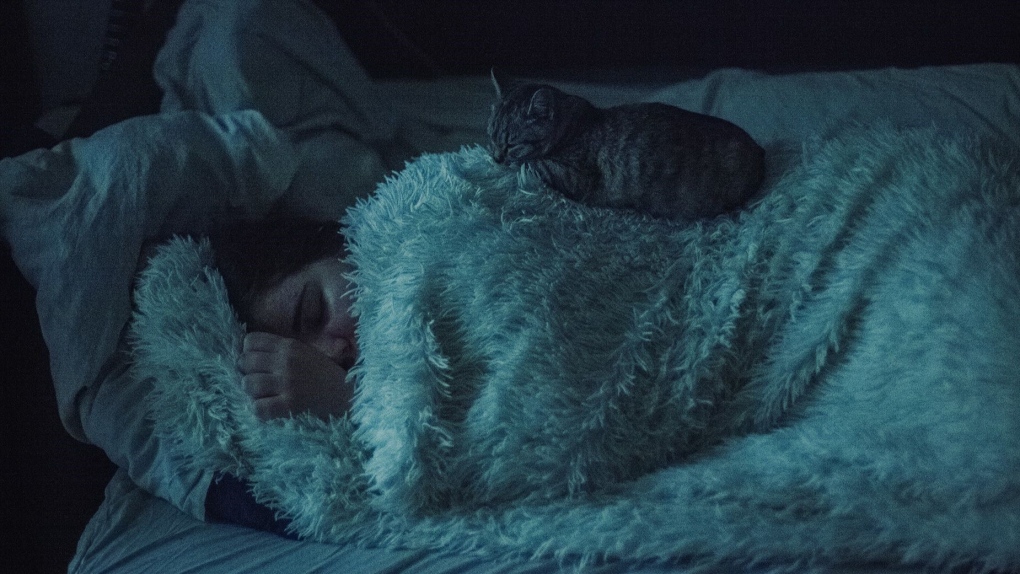
Do humans need to hibernate, too? What the research shows
CTV
Does the colder season have you dragging during the day, feeling like the amount of sleep you usually get in other parts of the year doesn’t seem to be enough now? 'If you feel like sleeping more in the winter, you're not alone,” said Dr. Raj Dasgupta.
Does the colder season have you dragging during the day, feeling like the amount of sleep you usually get in other parts of the year doesn’t seem to be enough now?
“If you feel like sleeping more in the winter, you’re not alone,” said Dr. Raj Dasgupta, an associate professor of clinical medicine at Huntington Memorial Hospital in Pasadena, California, citing research that found at least a third of American adults reported they sleep more in the winter.
“Sleep needs for most adults are somewhere between (seven to nine) hours per night, and that is consistent no matter how cold or dark it gets outside,” said Dasgupta, who is also associate program director of internal medicine residency at Huntington. “However, it is common to feel like you are sleeping more during the winter due to the fact that we lose an hour of daylight when we enter standard time, which is associated with the early onset of darkness.”
When compared with animals, the effects of seasonality on human sleep were thought to amount to little to none until recently when a study published in February 2023 found otherwise: The 188 patients who underwent sleep studies at St. Hedwig Hospital in Berlin slept about an hour longer in winter than they did in summer, which the authors said wasn’t statistically significant. But participants did get 30 more minutes of rapid eye movement, or REM, sleep during winter.
The REM phase of sleep is the sweet spot of sleep cycles, characterized by more dreaming and bodily movement and faster heart rate and breathing than in other stages. It’s “an essential stage of sleep that helps with memory, concentration, mood regulation and immune function,” Dasgupta said.
The desire for, or occurrence of, more sleep during winter may have to do with how light fluctuates throughout the year, or with the behavioural and mental health changes that can result. Here’s what experts think you should know about the science and whether you should make any adjustments.
“Our bodies receive cues from the sun when it comes to our circadian rhythm, meaning that when it is bright outside we tend to be active, but when the sun goes down, you may tend to feel tired,” Dasgupta said. “The decrease in sunlight causes an increase in melatonin, a hormone made in the body that regulates sleep-wake cycles.”





















 Run 3 Space | Play Space Running Game
Run 3 Space | Play Space Running Game Traffic Jam 3D | Online Racing Game
Traffic Jam 3D | Online Racing Game Duck Hunt | Play Old Classic Game
Duck Hunt | Play Old Classic Game